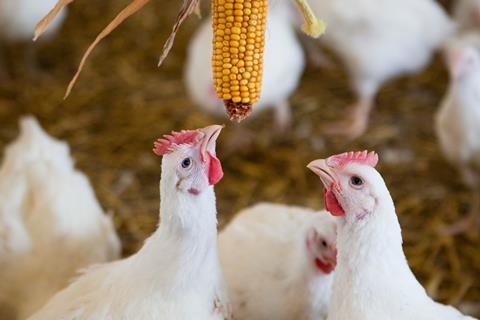
Tesco has become the latest and largest major supermarket to announce a major animal welfare improvement within its poultry supply chain, after committing to cut stocking densities for chicken by 20%.
In a move that was due to be completed by the first half of 2025, Tesco says it will cut densities from the current “industry standard” level of 38kg/m² to 30kg/m², within its core fresh chicken supply chain.
The switch meant customers would be able to access chickens “grown with more space to perch and move around, at the same great value”, Tesco said.
“This improvement in welfare standards builds on Tesco’s ongoing commitment to support British agriculture, as well as reaffirming its partnership approach across its supply chain. The move will see Tesco invest in its existing supply base to help with the transition,” it added.
It represented “a significant step-up in welfare standards across the industry and builds on Tesco’s existing higher welfare brands, which already include lower stocking densities”, the retailer said.
“The move will also ensure the birds will continue to have increased access to environmental enrichment such as straw bales, perches, pecking objects and natural light.”
Tesco’s announcement follows similar moves to reduce stocking densities by Morrisons, The Co-op and Lidl since the turn of the year. Sainsbury’s completed its own move last year.
But while 30kg/m² is the stocking density mandated by the industry-wide Better Chicken Commitment, Tesco’s continuing refusal to sign up to the BCC, alongside all major UK retailers apart from Waitrose and M&S, was described as “insufficient” by campaign group The Humane League UK.
While welcoming the change, the group added the fact Tesco continued to use fast-growing chicken breeds, dubbed ‘Frankenchickens’, remained a concern.
“This is a small first step,” said Humane League campaigns manager Claire Williams.
“[But] we ask supermarkets to stop using Frankenchickens for a reason, it isn’t supposed to be an optional extra,” she added.
“These are birds who grow so big, so fast their bodies can collapse under their own weight. Until Tesco changes the breed of their birds, millions of animals will remain trapped in unnecessary agony.”
A judicial review appeal case led by The Humane League, which could stop the use of Frankenchickens in the UK for good, is set to take place this October.
Commenting on the move, Tesco’s head of sustainable agriculture & fisheries Natalie Smith said the retailer recognised “how much our customers care about animal welfare, and we’re committed to improving standards across our ranges wherever possible, while maintaining great value and quality for customers”.



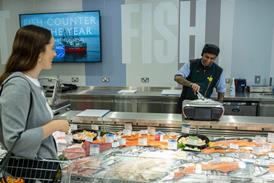
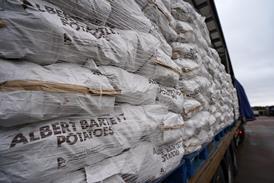


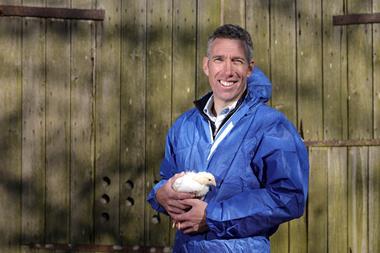
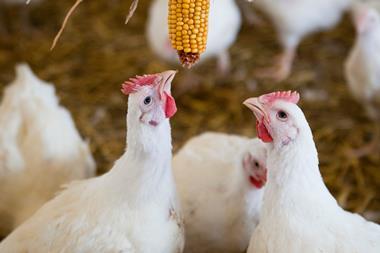
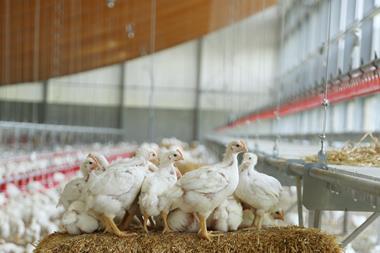
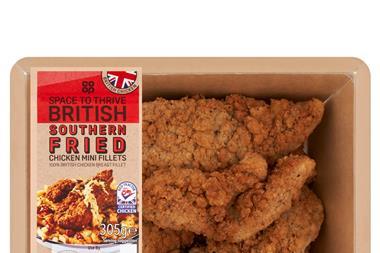
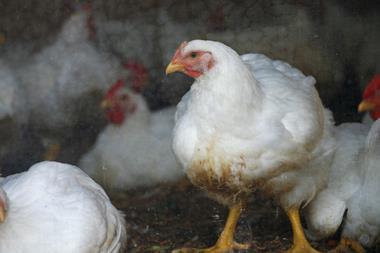
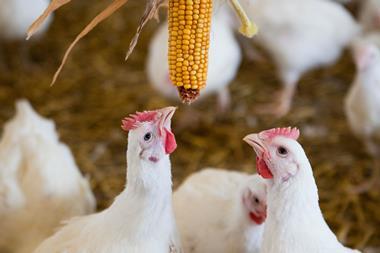
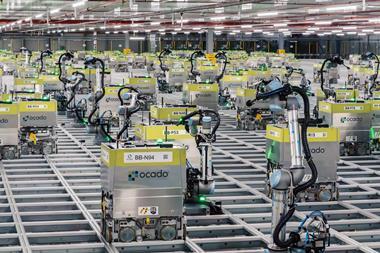


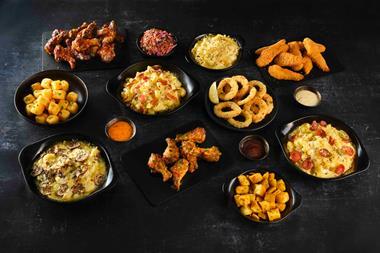
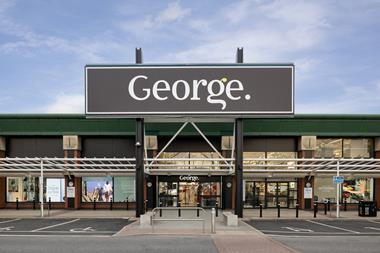

No comments yet